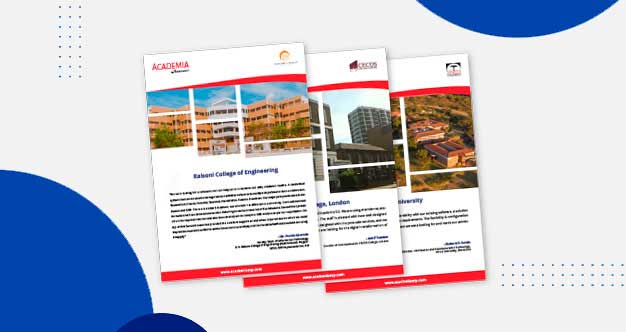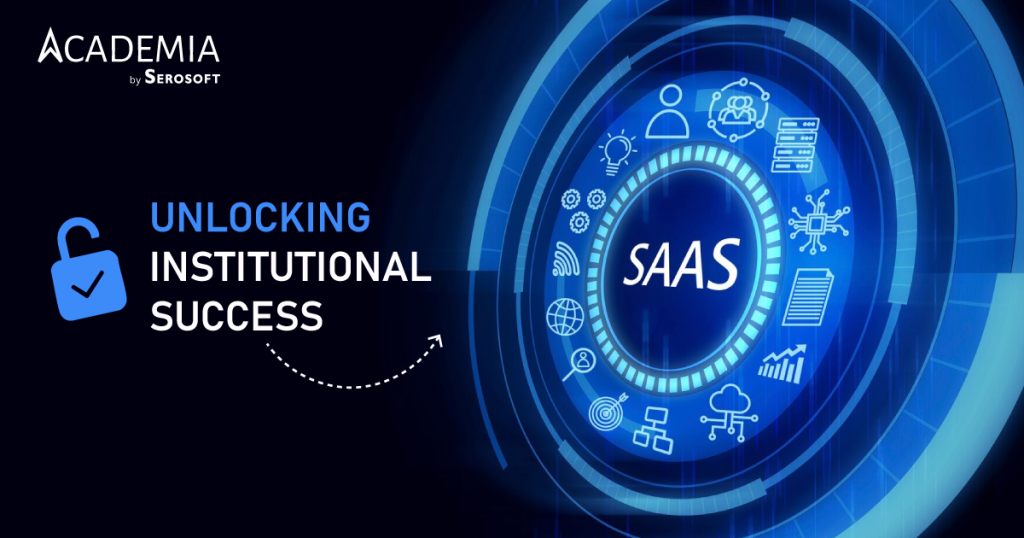Unveiling the Emergence of College Management Systems and Their Growth
In the dynamic landscape of education, the emergence of College Management Systems (CMS) has revolutionized how academic institutions operate, manage resources, and deliver quality education. CMS has become indispensable for modern-day educational institutions, from streamlining administrative tasks to enhancing communication channels. Let’s delve into the evolution, benefits, and significance of College Management Systems in higher education.
Evolution of College Management Systems:
The evolution of College Management Systems can be traced back to the increasing complexities and challenges educational institutions face in managing administrative tasks, student information, and academic resources. With advancements in technology and the digitization of processes, traditional manual record-keeping and administrative management methods became outdated and inefficient. This paved the way for the development of automated systems that could streamline operations, improve efficiency, and enhance overall institutional effectiveness.
Growth and Adoption of CMS:
Over the years, the adoption of College Management Systems has witnessed exponential growth across educational institutions worldwide. From small-scale colleges to large universities, institutions of all sizes and types have embraced CMS to optimize their operations and provide a seamless experience for students, faculty, and administrative staff. The growing demand for integrated solutions that address diverse needs such as admissions, enrollment management, academic planning, student information management, and financial administration has fueled the expansion of CMS offerings in the market.
Benefits of College Management Systems:
The implementation of College Management Systems offers a myriad of benefits to educational institutions, including:
Enhanced Efficiency: CMS automates routine administrative tasks, reducing manual efforts and saving time and resources.
Improved Communication: CMS facilitates seamless communication among stakeholders, fostering collaboration and engagement within the academic community.
Data Centralization: CMS centralizes student data, academic records, and administrative information, providing easy access and retrieval when needed.
Strategic Decision-Making: CMS provides valuable insights through analytics and reporting tools, empowering institutions to make informed decisions and drive strategic initiatives.
Enhanced Student Experience: CMS enhances the overall student experience by providing access to academic resources, course materials, and support services through online platforms.
Academia ERP: A Leading CMS Solution:
Among the plethora of College Management Systems available in the market, Academia ERP stands out as a premier solution that offers comprehensive functionalities and robust features tailored to the needs of educational institutions. With its user-friendly interface, scalability, and flexibility, Academia ERP streamlines administrative processes, optimizes resource utilization, and enhances institutional performance. From admissions and enrollment management to academic planning and student information management, Academia ERP provides a holistic solution that empowers educational institutions to excel in today’s competitive landscape.
In Conclusion:
As educational institutions continue to adapt to the evolving demands of the digital age, College Management Systems have emerged as indispensable tools for fostering efficiency, innovation, and excellence. With their ability to streamline operations, improve communication, and enhance the overall educational experience, CMS solutions like Academia ERP play a crucial role in driving the growth and success of academic institutions worldwide. Embracing the transformative power of CMS is essential for institutions seeking to thrive in the dynamic landscape of higher education. Request a demo for your college digital transformation.
Related Posts:
 Higher Ed Plans
Higher Ed Plans K12 Plans
K12 Plans










